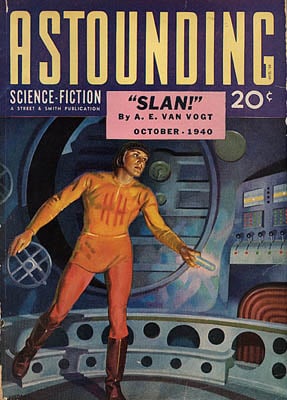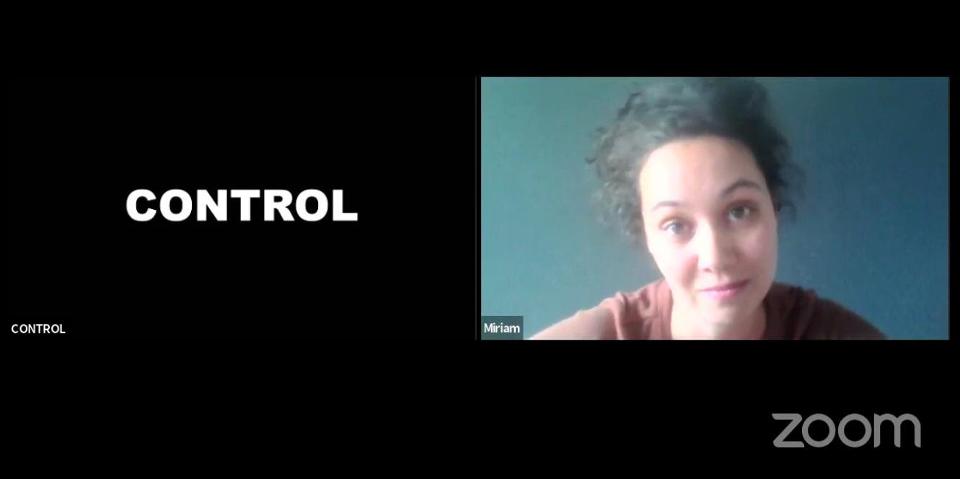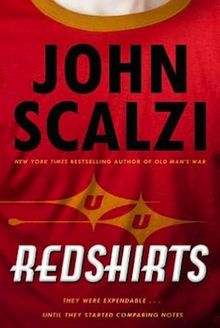Last night we saw Jaws at the Saco Drive-In, just outside of Portland. It’s a fun, kitschy movie that’s eerily prescient these days, as the Mayor of Amity grasps at every wish and hope to save his economy as a 25-foot Great White Shark has moved into local waters, intent on consuming swimmers.
It’s a well told story by now that keeping the mechanical shark operating was both difficult and expensive but that direct Stephen Spielberg turned this into an advantage — you don’t see much shark in the movie. The John Williams score does a lot of the work, or you see the shark pulling a dock off of its base when some village idiots try to catch it with a pot roast, or pulling barrels around the water when Quint, the professional shark hunter harpoons the beast. Restrained footage of the shark creates mystery and tension and saves the movie from looking hokey.
Jaws holds up well as a disaster/horror film and from the distance of a drive-in, the effects are just fine and even refreshing in an era where the shark would probably be CGI’d into a dinner scene on the boat, sitting in the chair with a top hat and smoking a cigarette.

The one thing that really shows, though, is how few parts for women there are in the movie. Police Chief Brody has a wife, but her only job is to worry about him and their kids. Her curiosity about sharks and suddenly fearful reactions to what fierce predators they are serves the movie’s exposition. There’s one angry mother of a boy who the shark eats. She gets her moment.
Every other woman is background — girls in swimsuits screaming or nagging wives. This movie is about three guys who don’t much like each other at first taking a boat into the ocean to do battle with sharks. They also compare scars and sing drinking songs. I love how willing they are to get blind drunk while battling a dangerous, prehistoric predator.
Another thing I noticed is that Quint is clearly the prototype for big game hunter Roland Tembo in Jurassic Park. This makes sense not just because the two films share Spielberg as a director but because Michael Crichton and Peter Benchley were contemporaries as novelists, working in a thriller genre that borrowed heavily from both horror and science fiction.
I can’t believe the “looks like you’re going to need a bigger boat” line is actually repeated. But I guess you don’t know you’ve written an iconic line until you do. I can barely listen to the “Man goes into water, shark in the water, our shark…” bit because to me it’s the salsa shark routine from Clerks.
Was nice to see Roy Scheider at work. Though All That Jazz will always be his master performance in my book.








